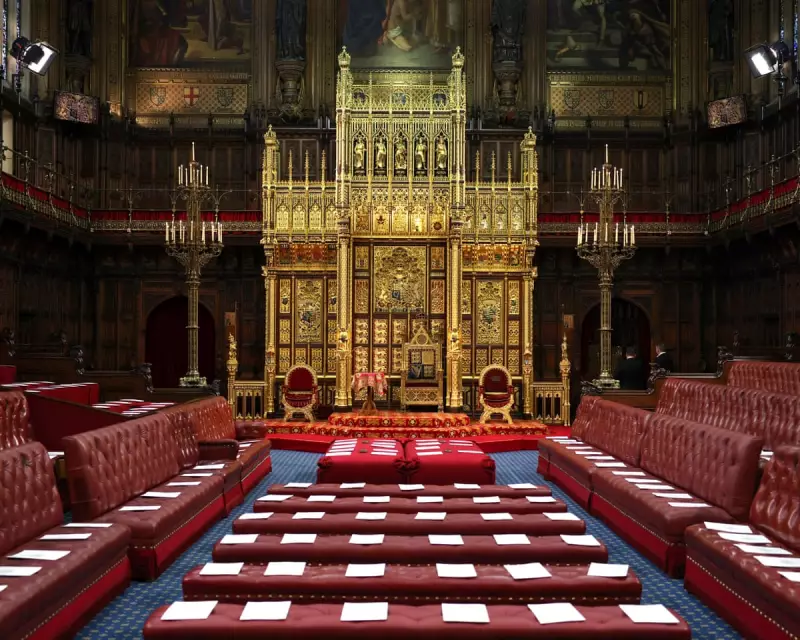
The UK government has suffered a significant setback after the House of Lords voted for a third time to block key parts of its flagship employment rights bill. The vote, which took place late on Monday, sees unelected peers, including dozens of hereditary aristocrats and millionaire business leaders, opposing measures that would grant workers new legal protections.
A Protracted Parliamentary Battle
In a prolonged showdown with the upper chamber, the Lords supported a series of Conservative-backed amendments. This move effectively curtails a key manifesto promise from the Labour party to introduce a right to a guaranteed hours contract and provide day-one protections against unfair dismissal.
The group that supported diluting the workers' rights plan was notable for its composition. It included 47 hereditary peers, 93 barons, 16 earls, and seven viscounts. Among them was Charles Wellesley, the ninth Duke of Wellington, a crossbench hereditary peer and descendant of the famous military commander who defeated Napoleon at Waterloo.
Outcry from Unions and Labour Figures
The decision has provoked strong criticism from trade union leaders and senior Labour politicians, who have labelled the Lords as "out of touch" and "undemocratic".
Paul Nowak, the TUC General Secretary, stated: "The sight of unelected hereditary peers blocking stronger rights for millions belongs in another century - not modern Britain."
Justin Madders, the former Labour employment rights minister, added: "These unelected peers, with jobs for life, should not continue to downgrade and delay our plans to give everyone proper security at work. We have a democratic mandate... and the Lords need to realise their obstruction makes them look out of touch, undemocratic, and firmly against the interest of working people."
Business Opposition and Government Resolve
The opposition in the Lords was bolstered by intensive lobbying from industry chiefs. Business leaders have warned that the proposed workers' rights changes could damage the economy and lead to job losses, arguing that employers are already struggling with recent tax increases.
Those voting against the bill included prominent business figures such as Karren Brady from The Apprentice, former BT chief executive Ian Livingston, and Cobra beer magnate Karan Bilimoria.
Despite this pressure and unease within some government circles, ministers have committed to rejecting the Lords' amendments. A Labour source criticised the move as "pretty tone deaf", emphasising that the bill was a manifesto pledge, which the Lords traditionally do not obstruct. The government is currently in the process of abolishing hereditary peerages.
Andrew Griffith, the shadow business secretary, seized on the defeat, calling the legislation "Labour's unemployment bill" and urging the government to compromise. The situation is further complicated for ministers, who face pressure from unions to implement the workers' rights package in full following a recent cabinet reshuffle.





